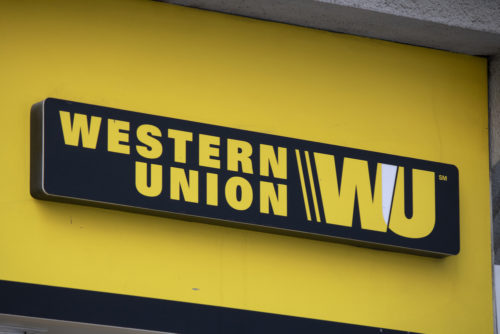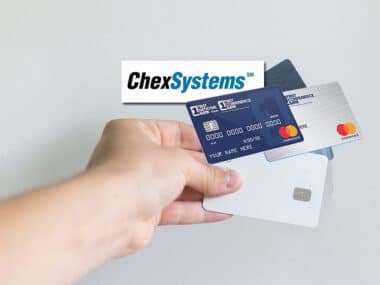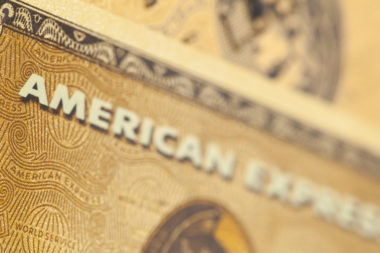Western Union is a company that offers financial services online or at locations throughout the world. You can cash a check at a Western Union location or send money to a family member or relative who lives far away.
To send money, you provide the recipient’s information, the transfer amount, and your bank account information or the cash. The recipient retrieves this money either from a Western Union location, via direct deposit to their bank account, or through an online transfer to their credit card, debit card, or bank account.
Western Union offers additional financial services, such as cashier’s checks and money orders. If you’re the recipient of a wire transfer, you may also visit a Western Union location or use the company’s online service to retrieve your money.
While the company offers safe and secure transactions for customers, scammers take advantage of this service to prey on victims. When you send money using Western Union, you cannot retrieve your funds once the recipient obtains them.
This makes it tough for victims to get their money back if they’ve been involved in a scam, which may be the reason many scammers choose to use Western Union in their schemes. Learning about common schemes involving Western Union transactions and how to avoid money order scams can help you refrain from becoming a victim.
Is Western Union Safe?
Western Union is a reputable company that has policies and procedures in place to ensure transactions are completed safely and securely. The company verifies the identity of recipients before cashing checks or money orders and protects customers’ personal information.
Although Western Union does everything it can to ensure financial transactions are secure, scammers may still take advantage of the company’s customers. Western Union can’t control who its customers trust and do business with. If you use Western Union services, it’s best to only send money to people you know.
Common Western Union Scams
Since Western Union provides several types of financial services, there are many common scams that criminals may get involved in to get money from unsuspecting victims. Some of these scams include the following:
- Additional payment for shipping: If you’re selling items online, be aware of potential buyers who offer to pay you extra for shipping fees. In this scam, the buyer sends you a fake cashier’s check or money order that you can’t cash. However, you may not realize it until you’ve already sent the items out. Don’t do business with a potential buyer who offers more money than you’re asking for.
- Accidental overpayment: In this scam, a potential buyer for your item sends you payment but the amount is more than was agreed upon. The buyer claims they made a mistake and requests you send a refund for the extra amount. When you attempt to cash the check, it bounces but you’ve already sent out your payment to the scammer. If you receive a check for more than the purchase price, don’t send your item out.
- Asking for a refund: A scammer may ask for a refund on an item or if you’re advertising a rental property, the potential tenant may change their mind about the property and ask for the security deposit back. You’ve already cashed their check so you figure it’s legitimate and send them a refund. However, their check hasn’t fully cleared and bounces after you’ve already sent payment. Establish a strict policy for refunds, such as a waiting period before it’s issued. Put proper tenant screening procedures in place if you’re advertising a rental property online.
- Foreign fake identification: Online scammers may have ways to make it seem like they live in the U.S. when they’re actually living in a foreign country. Foreign countries don’t have strict identification guidelines associated with financial services, making it easier for these scammers to be successful in their schemes. Pay attention to spelling errors, email address domains, as well as other clues that a buyer may be from another country, and proceed with caution.
If you engage in online business and advertise items for sale or property to rent, it’s important to be firm with payment methods and amounts. Ask for cash or only accept payment through secured platforms with buyer protection policies, such as Paypal or eBay. If you get a bad feeling about the way a potential buyer or tenant wants to conduct business, don’t agree to the transaction.
How to Recognize Western Union Scams
Any time you conduct a business transaction or attempt to sell items online, it’s important to investigate the situation. If the buyer demands you take extra steps, such as sending money back, their demands are a red flag that it’s a scammer who may send a fraudulent method of payment.
Buyers who claim they’re only able to pay you with a cashier’s check or money order may also be scammers. If you’ve requested to be paid in cash or you requested only local buyers, stick to your original intentions. A legitimate buyer or tenant will find a way to pay you using one of the methods you accept.
While Western Union offers ways to securely send and receive money worldwide, the company can’t stop scammers from using it as a platform to target victims. Stay aware of common scams and remain diligent at identifying potential scammers so you don’t become the next fraud victim.
Image Source: https://depositphotos.com/





